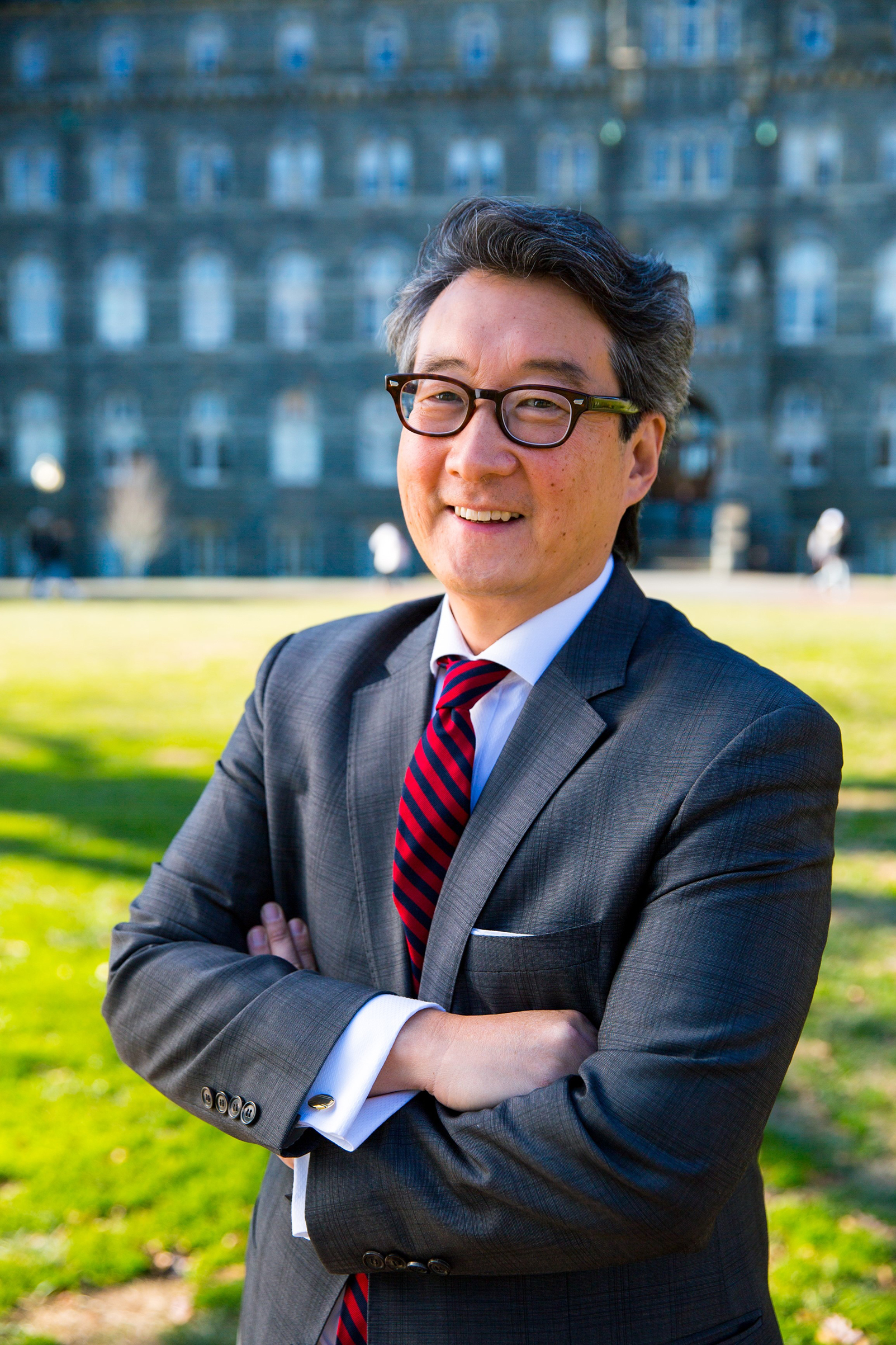
Had Victor Cha been nominated as U.S. ambassador to South Korea, he might have spent his spring preparing for the summit between U.S. President Donald Trump and North Korean leader Kim Jong Un scheduled for June 12. But the former Bush Administration official was dropped as a candidate in January after voicing opposition to pre-emptive military action on the regime. He tells TIME about his expectations for the summit.
South Korean President Moon Jae-in credited Trump’s “maximum pressure” for bringing Kim to the negotiating table. Do you think this policy of heavy sanctions was a key driver?
I do. In 2017 they were able to get more economic pressure on the regime than it’s ever felt before. I was always of the view that that policy would work, because North Korea doesn’t tend to lash out militarily when they feel economic pressure. They want to come to the negotiating table and see how they can get that pressure taken off.
Is the White House correct to say the Obama Administration’s policy of “strategic patience” with North Korea failed?
We had a period of eight years where the North Korea missile and nuclear problem got exponentially worse. One could argue that it was the fault of the policy. One could also argue that the North Koreans had a very clear plan and that there was nothing the Obama Administration could have done to take them off that course–I think there’s credibility to that second argument. This is just not an issue, historically, to bet on if you are looking for a win.
There’s a theory Kim is an enlightened reformer looking for a way to do things differently. Do you buy that?
People are entitled to that theory, but there’s a very clear, systematic approach he has been taking, which is to go full bore over the past two years on the nuclear-weapons program. Kim declared it complete in December, and they feel like they’re now secure with this capability.
You’ve said before that Kim won’t give up his nukes, so what would a win look like for the U.S.?
The best outcome would be not just freezing but disabling and dismantling all of their existing programs on a compressed time frame. But what we, as experts, think is best could be very different from what President Trump thinks is best. Trump never has a bad meeting, so I think the atmospherics and the optics will be O.K. But I don’t think there is going to be any comprehensive deal.
What would be a win for South Korea and Moon?
The South Koreans just don’t want to go back to 2017. They don’t want to be trapped in a military conflict between the U.S. and North Korea. And I think they deeply value the resumption of bilateral channels of communication that were closed for 10 years under the [previous] conservative government.
What do people in the U.S. consistently misunderstand about diplomacy with North Korea?
This is a nuclear security threat to the U.S. that we’ve had to deal with for 30 years, and one way or another, we’re reaching the climax of this issue. It’s deadly serious. And while pictures of leaders embracing are great and make people feel good, people have to ask themselves, Are these meetings really making us safer as a country, or are they not? The real question for the President is, Are we going to pretend they got rid of [the nuclear threat], or are we going to make certain that whatever agreement is reached, this will not be a threat to the American people or to U.S. allies?
More Must-Reads from TIME
- Cybersecurity Experts Are Sounding the Alarm on DOGE
- Meet the 2025 Women of the Year
- The Harsh Truth About Disability Inclusion
- Why Do More Young Adults Have Cancer?
- Colman Domingo Leads With Radical Love
- How to Get Better at Doing Things Alone
- Michelle Zauner Stares Down the Darkness
Write to Joseph Hincks/Seoul at joseph.hincks@time.com